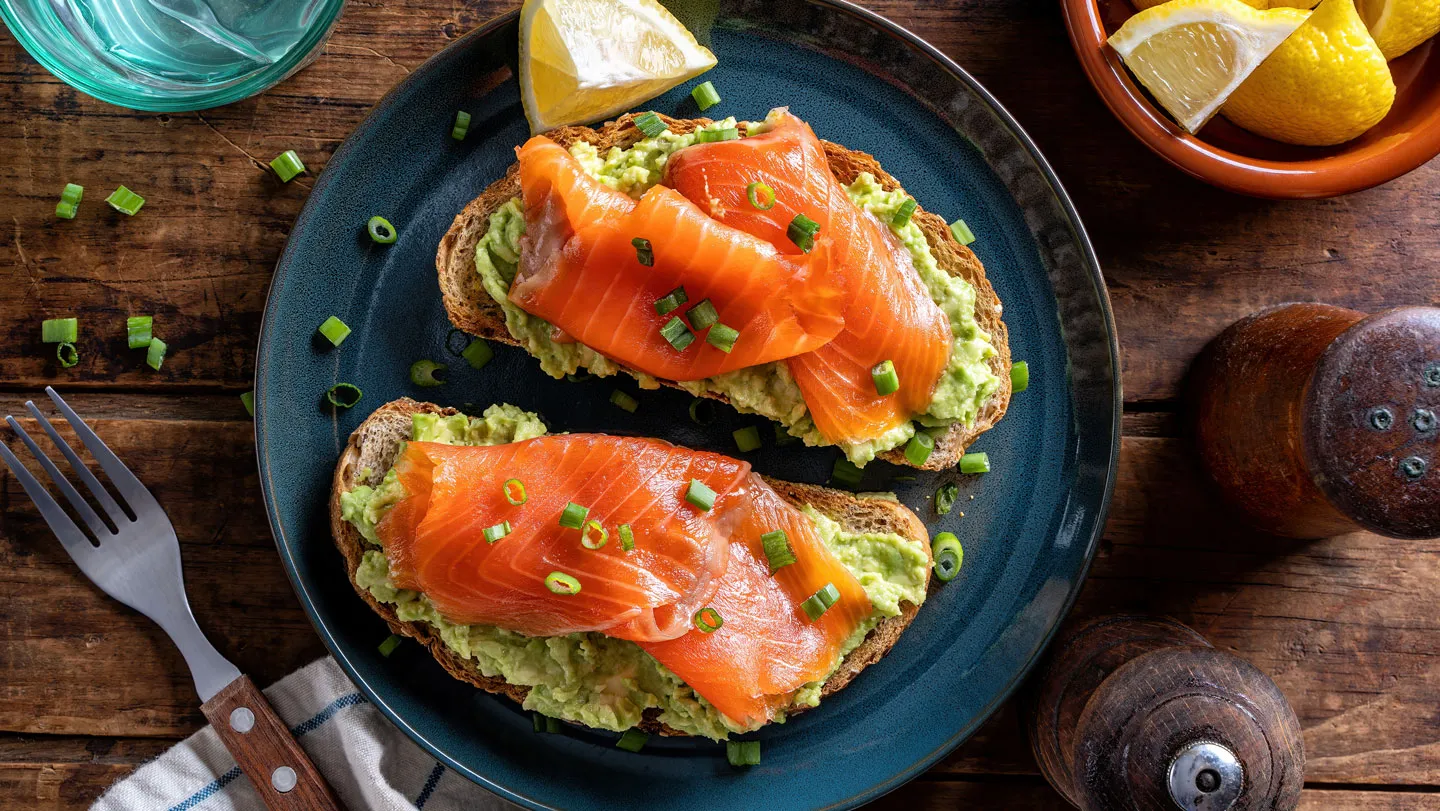5 Essential Nutrients Your Diet Might Be Missing — and Why It Matters
Even health-conscious eaters can fall short on key nutrients. Here are five commonly under-consumed vitamins and minerals — and how their absence could quietly affect your body and brain.
You might think your diet is balanced — but even among people who try to eat well, nutritional shortfalls are surprisingly common. Modern diets, busy lifestyles, and over-processed food all contribute to a quiet deficiency crisis that can affect everything from your energy levels to your immune health. According to the CDC and the National Health and Nutrition Examination Survey (NHANES), nearly 9 out of 10 Americans don’t meet recommended intake levels for several essential nutrients.
Here are five of the most commonly under-consumed nutrients — and what you can do to ensure your body gets what it needs. --- 1. Magnesium - Why You Need It : Magnesium supports more than 300 biochemical reactions, including muscle function, nerve signaling, energy production, and blood pressure regulation.
- Signs You’re Low : Fatigue, muscle cramps, irritability, and trouble sleeping. - Sources : Leafy greens (like spinach), almonds, black beans, avocados, and whole grains. - Pro Tip : Cooking and food processing often reduce magnesium levels.
Aim for minimally processed options. --- 2. Vitamin D - Why You Need It : Critical for immune function, calcium absorption, bone health, and mood regulation.
- Signs You’re Low : Frequent illness, fatigue, bone pain, depression. - Sources : Sun exposure (10–20 minutes/day), fortified dairy, egg yolks, and fatty fish (like salmon). - Pro Tip : People living in northern climates or who work indoors are especially at risk — consider a supplement if your levels are low.
--- 3. Iron - Why You Need It : Iron is essential for oxygen transport in the blood and energy metabolism. - Signs You’re Low : Fatigue, dizziness, pale skin, shortness of breath, brain fog.
- Sources : Red meat, poultry, lentils, spinach, and fortified cereals. - Pro Tip : Vitamin C boosts iron absorption — try pairing spinach with citrus, or beans with bell peppers. --- 4.
Omega-3 Fatty Acids - Why You Need It : Supports heart health, brain function, and reduces inflammation. - Signs You’re Low : Dry skin, joint stiffness, difficulty concentrating, mood swings. - Sources : Fatty fish (salmon, mackerel, sardines), flaxseeds, chia seeds, walnuts.
- Pro Tip : If you don’t eat fish, algae-based omega-3 supplements are a good alternative. --- 5. Vitamin B12 - Why You Need It : Vital for nerve function, red blood cell production, and DNA synthesis.
- Signs You’re Low : Fatigue, tingling in hands/feet, memory problems, mood changes. - Sources : Animal products — meat, eggs, dairy. Vegans are especially at risk.
- Pro Tip : B12-fortified plant milks or oral supplements can help prevent deficiency. --- Why It MattersEven mild deficiencies can gradually impact your mental sharpness, physical energy, immunity, and long-term disease risk. The good news? With a few simple changes, you can course-correct.
> “Think of nutrients like tiny gears in your body’s engine,” says Dr. Janine Morris, a registered dietitian. “Even one missing gear can slow the whole system.
”Start by tracking your intake with an app or food journal, and talk to your doctor before starting any new supplement — especially if you’re pregnant, on medication, or managing a health condition. Conclusion: Small Tweaks, Big Impact You don’t need to overhaul your entire diet to see a benefit. Just being aware of these five essential nutrients — and ensuring you include diverse, whole foods in your meals — can help you feel stronger, sharper, and more resilient every day.
9th July 2025



